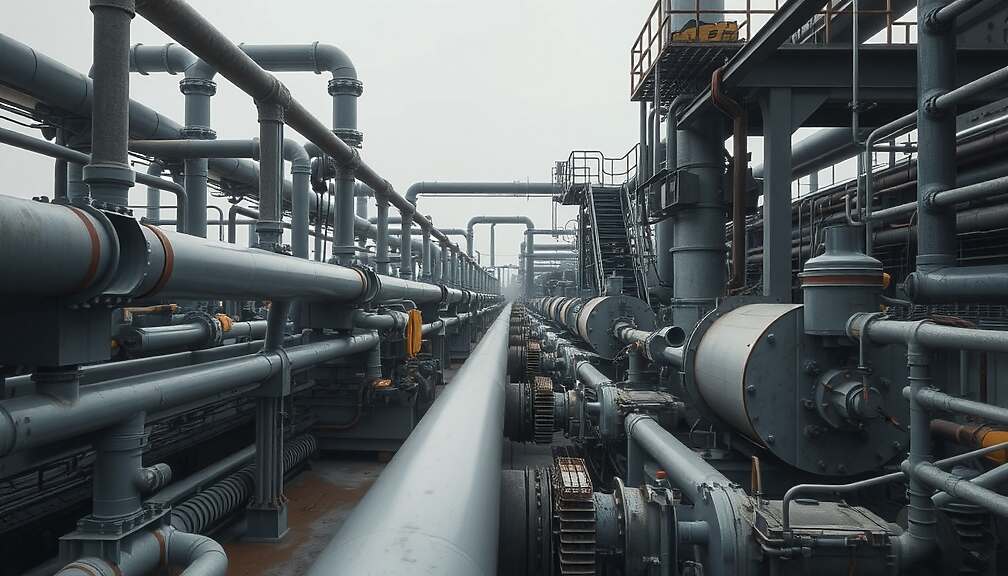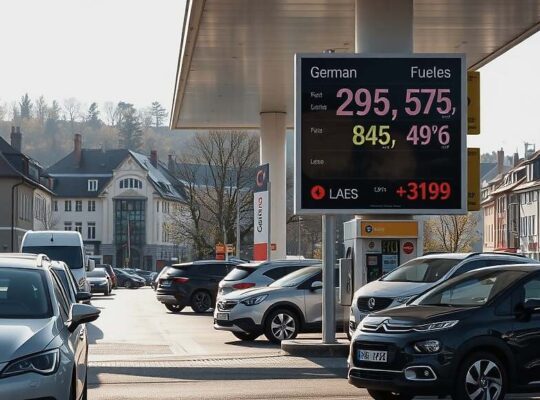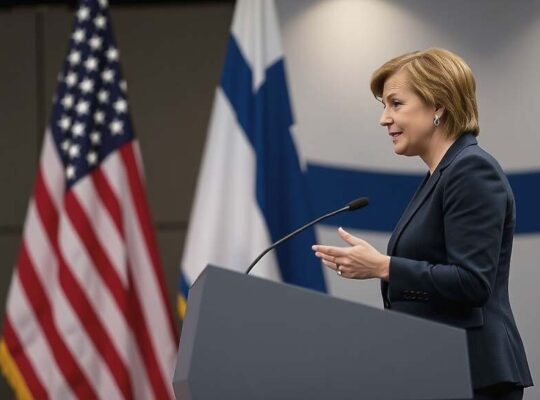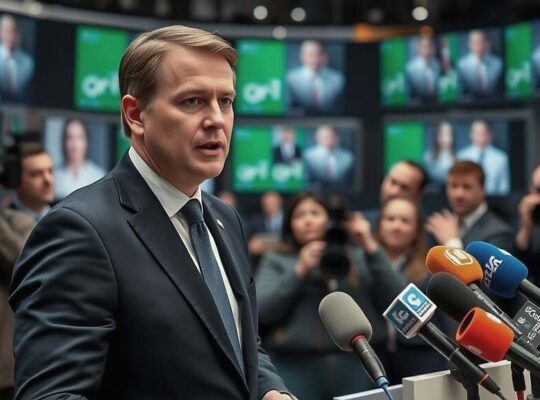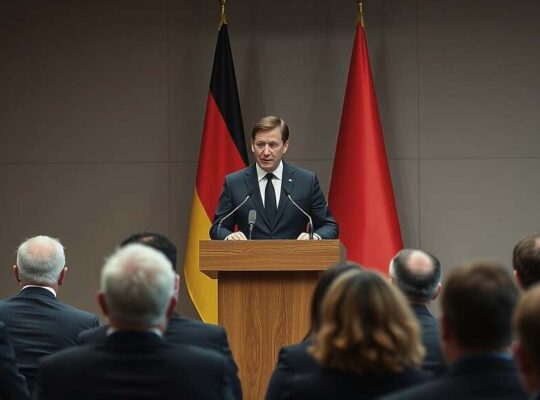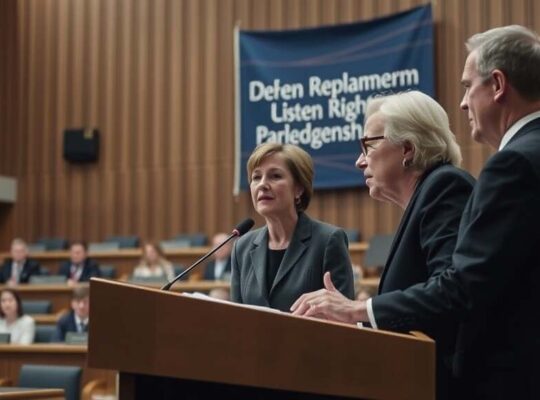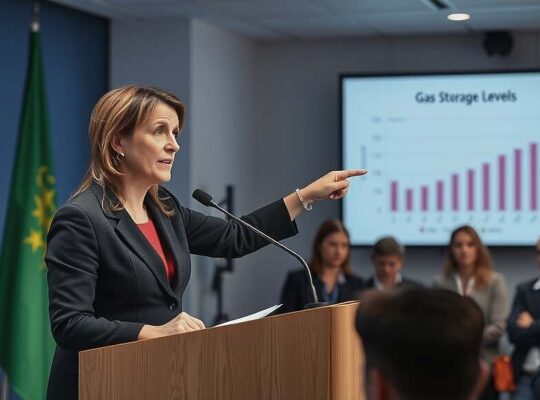Pressure is mounting on the German government to sever ties with Sefe, the state-owned entity tasked with securing Europe’s energy supply, over its continued contractual obligations to purchase liquefied natural gas (LNG) from Russia. Green Party parliamentarian Anton Hofreiter has publicly urged Berlin to decisively end Sefe’s agreement with Russian firm Yamal Trade Pte. Ltd., arguing the newly implemented 19th EU sanctions package provides the necessary legal foundation for doing so.
The contract, originally established under Gazprom Germania before its nationalization and rebranding as Sefe following Russia’s invasion of Ukraine, commits the company to importing 2.9 million tons of LNG annually until 2040. Hofreiter, Chairman of the Bundestag’s Committee on European Affairs, contends that Sefe’s continued purchases directly contribute to the “financing of Russia’s war of aggression against Ukraine”. He insists the EU’s impending import ban on long-term Russian LNG contracts, effective from January 1, 2027, compels immediate action.
While the Federal Ministry for Economic Affairs and Climate Action (BMWK) acknowledges the increased viability of exiting the agreement, its assessment reveals a complex web of contractual hurdles. In response to a Green Party inquiry, the Ministry conceded that a “take-or-pay” clause within the contract stipulates financial obligations even if Sefe ceases imports. This, they warn, would conceivably allow Yamal to profit twice: once from the contract payment and again from selling the undelivered LNG elsewhere.
The Ministry’s cautiously optimistic outlook hinges on the invocation of “force majeure”, a legal doctrine typically applied in situations involving unforeseen circumstances like war, natural disasters, or pandemics. BMWK reportedly anticipates that the 19th EU sanctions package will create conditions facilitating Sefe’s ability to invoke this clause. However, the reliance on “force majeure” raises concerns about the potential for protracted legal battles and the overall ambiguity surrounding the timing and terms of any withdrawal.
Critics argue that the government’s hesitancy underscores a broader issue: the lingering dependency on Russian energy, despite official rhetoric emphasizing energy independence. The situation exposes a critical vulnerability – the difficulty of disentangling from deeply embedded commercial relationships established during a period of closer ties with Moscow. The coming months are likely to prove pivotal in determining whether Berlin can decisively break free from these contractual commitments and fully align its energy policy with its stated geopolitical objectives.


